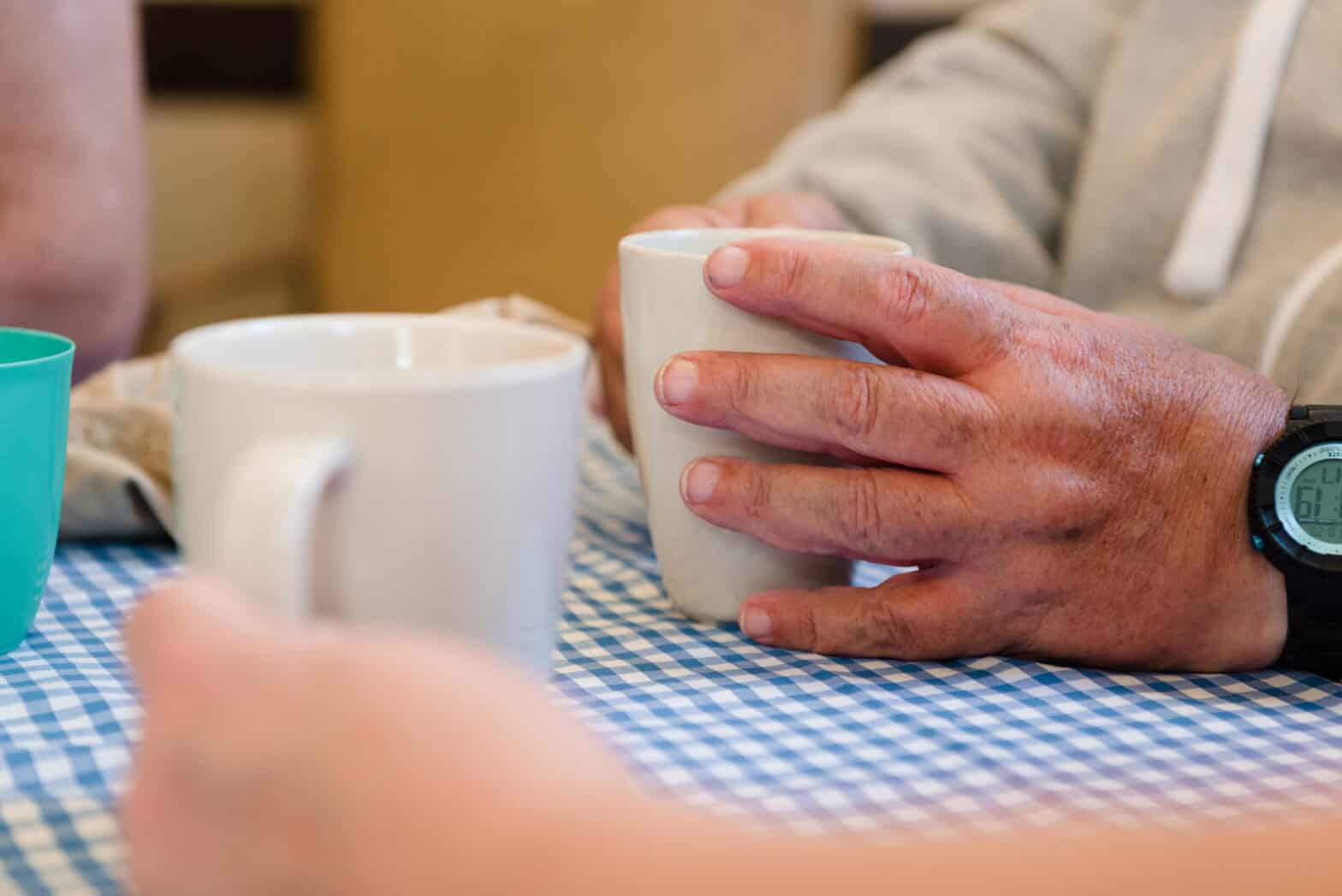Why start a conversation about death?
The Church of England can open up spaces that enable people to talk about death, dying and funerals
FOR SEVERAL YEARS, A CULTURAL shift has been happening – people of all ages and from all backgrounds are talking more openly about death, dying and funerals.
This ‘big conversation’ is really growing in our culture, challenging long-held taboos. Almost every week there are articles, opinion pieces and comments about death and funerals, sometimes triggered by the death of well-known individuals, and sometimes triggered by personal events.
Movements such as Death Café are growing as people begin to face the issues, whether making good financial plans or talking more widely about bereavement and loss.
Christians have much to contribute to this conversation: after all, in Easter services every year, if not every Sunday, we remember and celebrate our great hope that death is not the end, and that God will bring comfort for the bereaved.
Research undertaken on behalf of the Archbishops’ Council told us that the Church of England is well-placed to help people have this kind of conversation.
Several years ago, Lichfield Diocese agreed to pilot a Church of England approach. Sixty people, lay and ordained, gathered one morning in Stafford to think about how to get people talking about death, dying and funerals. They went away to try out a new concept: GraveTalk, with 35 parishes setting up café-style events.
Each event involves setting up a space to look like a café, where refreshments are served. People gather in small groups at tables. Conversations are started through a pack of 52 specially written questions covering a wide range of topics, ranging from attitudes to death to personal experiences.
There are no answers, just a space to talk. Facilitators, lay or ordained, make sure the event is running smoothly – and there is always ‘tea and cake’. The trial was researched in partnership with the University of Staffordshire, and the results were overwhelmingly positive: when we make the time and the space, people will talk.
One vicar who piloted GraveTalk said:
“I gave it to them and I went and made coffee while they started discussing it. And I just couldn’t shut them up. When I came to draw them to a conclusion, they wanted to carry on. They thought it was absolutely brilliant. I was really surprised.”
GraveTalk questions can be deceptively simple such as ‘what does a roadside shrine mean to you?’ through to questions about dying, grief and heaven. Experience has shown that those outside the church are keen to get started – whereas clergy and lay leaders have been more cautious. Yet the research was very clear: we have a unique opportunity to support the emerging conversation about death.
The Church is good at this!
For centuries we have held, both literally and metaphorically, people’s experience and thoughts around dying, death, funerals and bereavement. We also have plenty of space and are good at tea and cake! These are just a few good reasons to feel confident that your church can join in with the big conversation where you are:
- We have immense experience around funerals over many generations.
- Every week the Church of England conducts thousands of funerals, putting us in touch with an estimated 200,000 people who attend a funeral each week.
- As church leaders and as friends and neighbours, we know about being there for people during the long journey of bereavement, a journey that is unique for each person impacted by a death.
- We are used to holding the big questions about life and death that are often triggered by life events.
- We can be alongside people as they explore their thinking, wherever that thinking takes them.
- As Christians, we have a sure and certain hope in the resurrection, and talking about death, dying and funerals is a good place to share that hope.
If you want to extend your church’s bereavement support, consider running The Bereavement Journey, a series of films and discussion groups that gently guide people bereaved at any time through the most common aspects of grief and bereavement, enabling them to process the implications for themselves and discern next steps.
Usually run by churches, the course uniquely offers a final session on faith questions in bereavement, provided from a Christian perspective. This follows the main sessions and is optional, making The Bereavement Journey suitable for people of any faith or none. Training to run the course is available – find out more.







